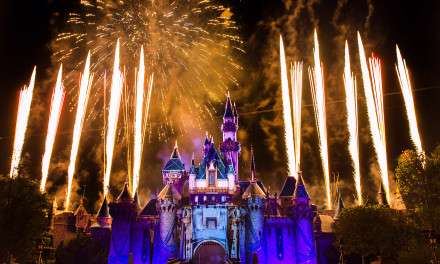Walt Disney World and Disneyland Resort have some exciting news for guests making use of their Disability Access Service (DAS). The validity period for DAS passes has now been extended to 240 days or the length of the guest’s ticket, whichever is shorter. This generous extension significantly increases from the previous 120-day validity period.
This change comes alongside an update earlier this year that was met with a mix of reactions. Disney expanded DAS eligibility to cater specifically to guests who, due to developmental disabilities such as autism, cannot wait in conventional lines for extended periods. At the same time, the update also limited the number of guests accompanying the DAS pass holder into queues.
While this policy aims to provide more tailored assistance, it has sparked some controversy. Guests with other types of disabilities have raised concerns about the new limitations. There have been reports of Cast Members advising guests to practice waiting in lines at home or to rejoin lines later, which can be challenging, especially if the guest isn’t traveling with able-bodied companions. Recently, a guest with terminal cancer was denied a DAS pass at Disneyland Resort, highlighting the ongoing debate and emotional impact.
In response, groups like the DAS Defenders have mobilized to advocate for broader inclusion. During the D23: The Ultimate Disney Fan Event, a mobile billboard protested these changes. Additionally, a petition on Change.org has garnered over 32,000 signatures, showing widespread demand for more inclusive policies.
It’s worth noting that Universal Orlando Resort has also updated its disability access policy, removing the requirement for an IBCCES Accessibility Card. Their Attractions Assistance Pass is now valid for one year, offering a different approach to accommodating guests with disabilities.
What do you think about Disney’s updated DAS program? Has the extended validity period made it more appealing for you? Share your experiences and thoughts in the comments below. Your stories and feedback can help make theme parks more inclusive and enjoyable for everyone.
Source: WDW News Today





